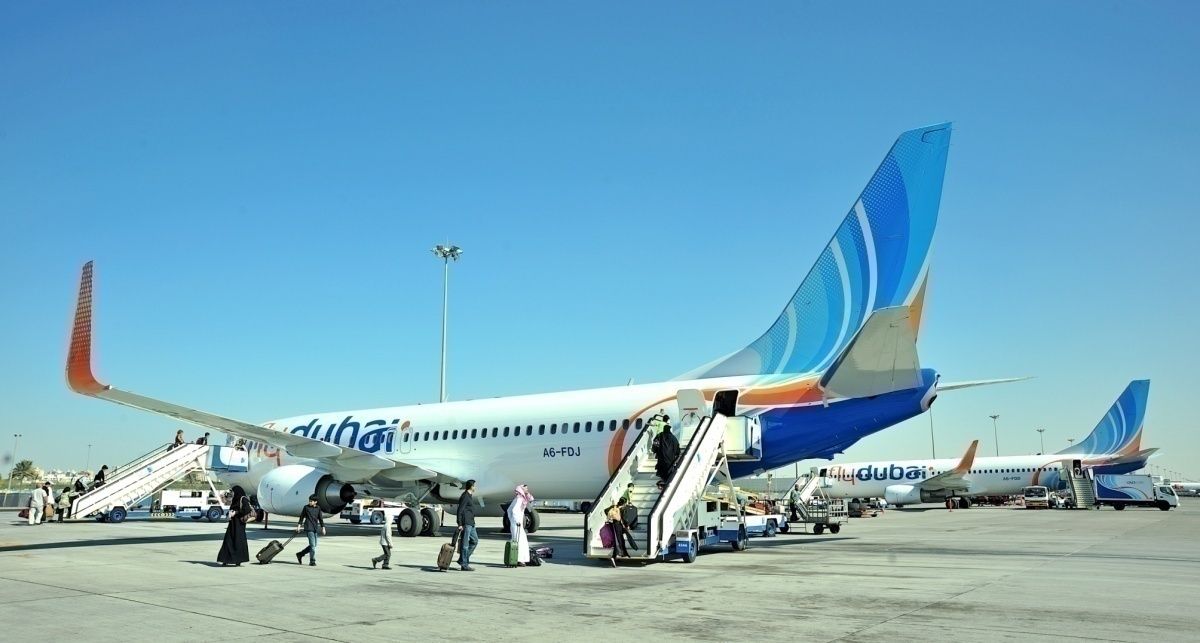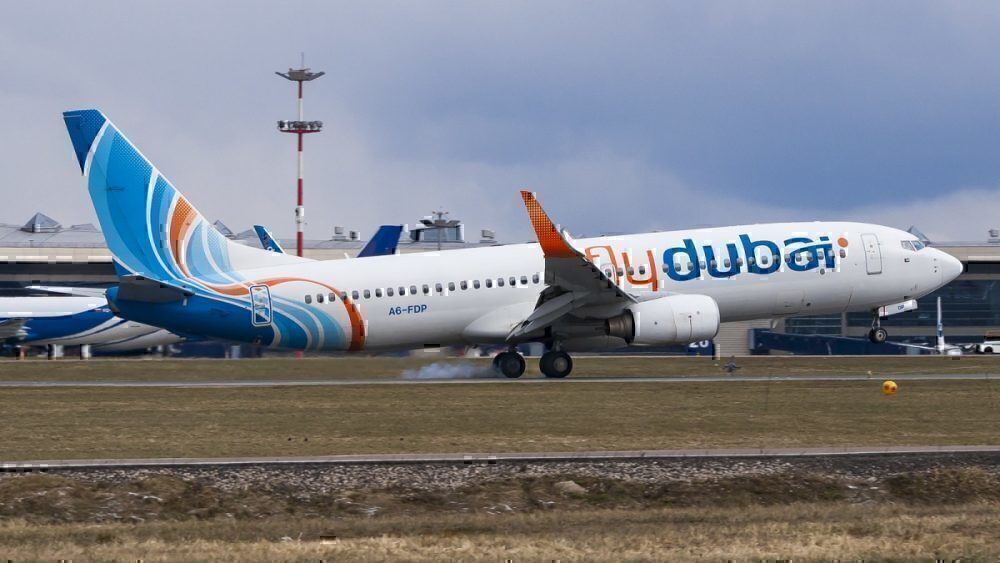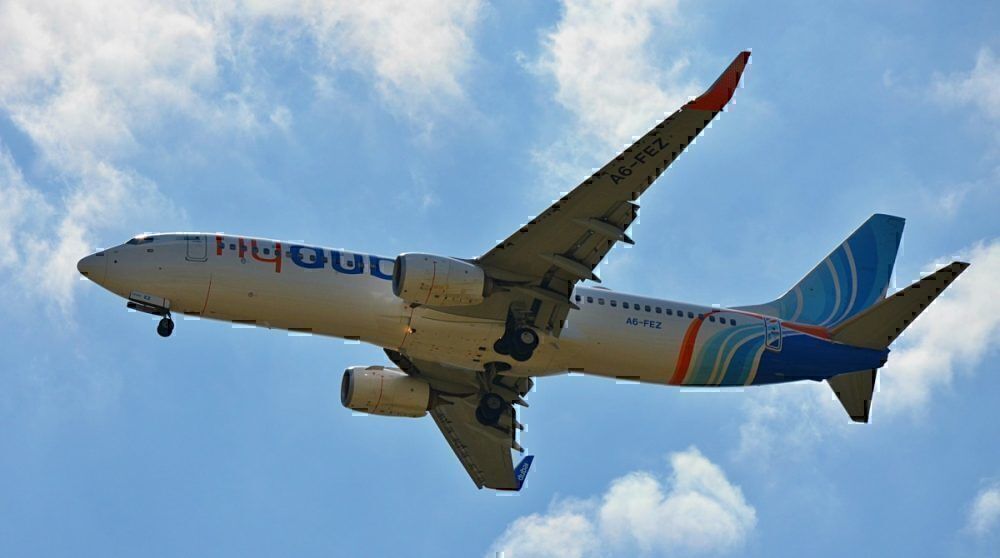Since 19th March, flydubai has been cooperating with international governments across four continents to repatriate their citizens. Since it began its rescue operations, the low-cost carrier has repatriated close to 3,000 people. The airline also hopes to carry out more rescue flights in the coming weeks.
flydubai repatriates over 2,800 people
During the coronavirus, many nations have been urging their citizens to return to home soil before it becomes more difficult. Airlines cooperating with governments have a big role to play in realizing this. However, whilst many airlines have been looking at how they can get their own nationals home, for flydubai, it's been a little bit different.
The low-cost Middle-Eastern airline is not only focusing on bringing UAE nationals back onto home soil but instead is working with other governments in order to return their citizens.
On 19th March, flydubai completed its very first repatriation flight. Since then, its rescue missions have now reached as far as Somaliland and Afghanistan. In total, the airline has participated in 23 rescue flights - representing an average of one or two flights every day over the span of nearly three weeks.
The airline has reached the following destinations under the approval of the UAE's General Civil Aviation Authority (GCAA):
- Thailand
- Sudan
- Russia
- Iran
- Croatia
- Egypt
But the airline has also been able to exercise its charitable arm for its nationals.
Special treatment for UAE nationals
Foreign visitors stuck in the UAE were able to board services that flew out of Dubai International Airport Terminal 2 to their home countries. On the way back, UAE nationals were allowed to board the return flight in order to get home safely. This is nothing new. We have seen many airlines over the past few weeks lay on extra flights to bring their citizens home.
The distinct difference in flydubai's case, however, is that repatriation for UAE nationals is completely free. That's a stark contrast to the approach that some nations have taken.
For example, Britons looking to get home from the Philippines earlier this month were dealt a tough ultimatum. It appears that the UK government's £75 million repatriation program fell short of the need. Tourists in the Philippines were left footing a £1,000 bill if they wanted to get back to the UK.
Free flights certainly make things a lot easier.
More repatriation flights are coming
It seems like the UAE rescue mission with flydubai has so far been a success all around. Not only did nationals and foreign citizens benefit, but the airline was also able to make deliveries of various medical supplies in both directions on these flights.
In a statement on flydubai's website, the CEO of the airline Hamad Obaidalla spoke highly of the repatriation and rescue efforts. He said:
“We choose to remain focused on how we can contribute to easing the strain, enabling the movement of essential goods to where they are needed and bringing people back home where possible. We remain committed to supporting requests from governments to operate repatriation flights for their citizens. We look forward to resuming our operations when the time is right and we are working closely with the authorities.”
This also is not the end of the good work for flydubai. The airline hopes it will be able to provide an additional 10 repatriation flights in the coming week. It is not clear where these services will operate or how many people will be on board.
Have you had to pay a great sum of money to get home during this crisis? Share your experiences in the comments.



